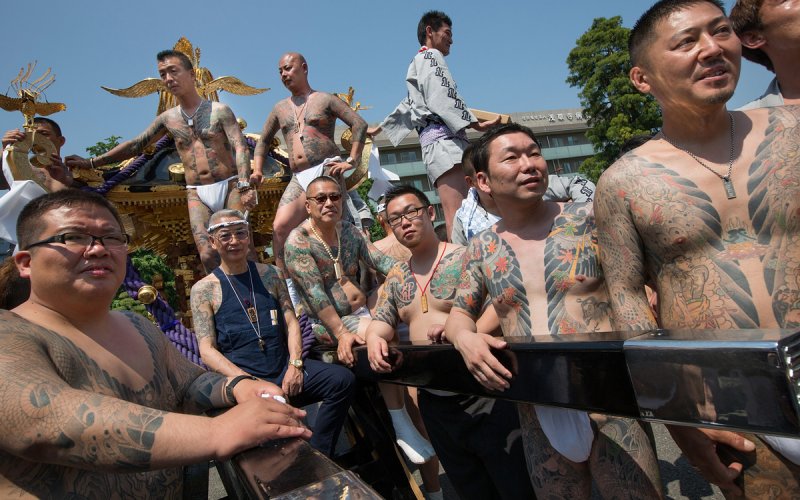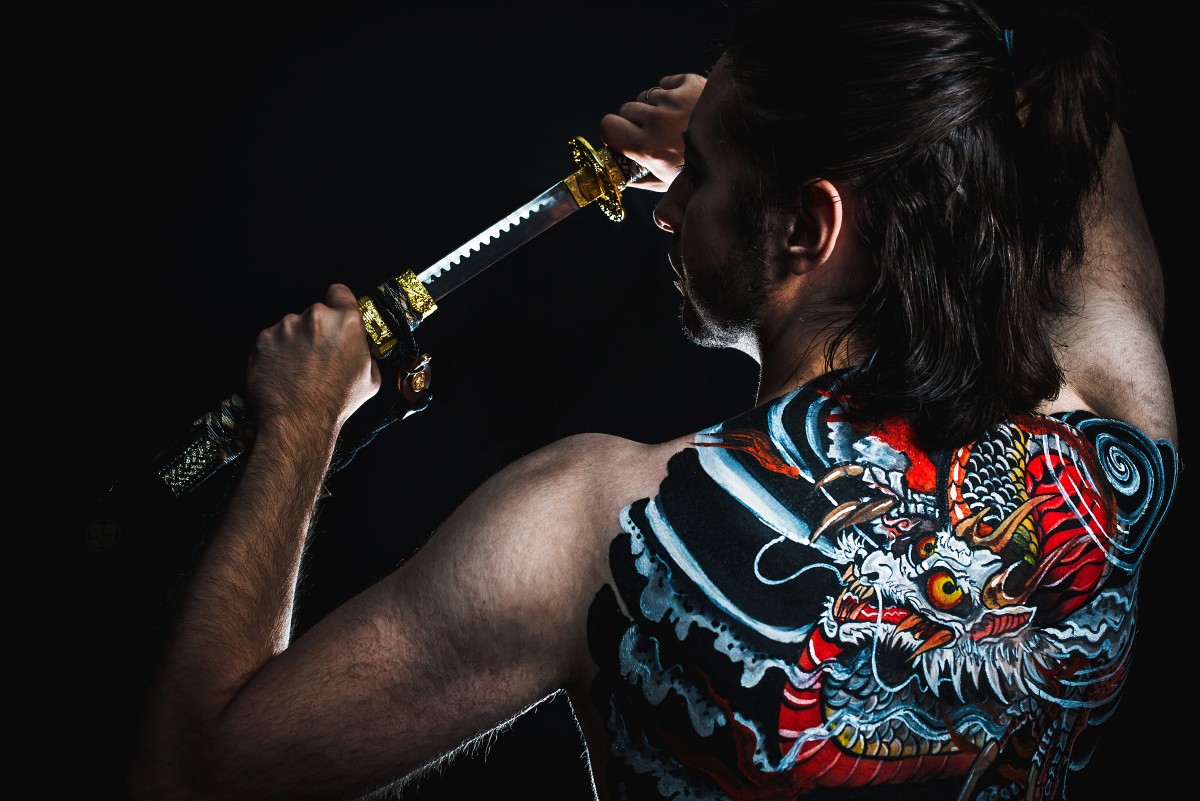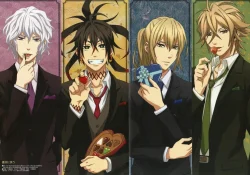Yakuza tattoos, known as “irezumi” (入れ墨) in Japan, are a form of body art associated with members of Japanese criminal organizations, known collectively as the Yakuza.
These complex and intricate tattoos are much more than just adornments: they tell stories, represent loyalty, and convey messages about the wearer's position and identity in the Yakuza hierarchy.
In this article, we'll examine the meaning of Yakuza tattoos, exploring their historical origins, common symbols and themes, and the relationship between tattoo art and Japanese underworld culture.
We also recommend reading:
- Yakuza – All About the Japanese Mafia
- Tattoo and Yakuza
- Bosozoku, Yankii and Sukeban – Japanese Gangs
Índice de Conteúdo
Historical Origins of Yakuza Tattoos
Yakuza tattoos have deep roots in Japanese history and culture, dating back to the Edo period (1603-1868). During this time, tattoos were used as a form of punishment for criminals, marking them with symbols that indicated the nature of their crimes.
However, over time, many of these criminals embraced their marks and began to develop more elaborate and artistic tattoos to cover up their scars.
The traditional Japanese tattooing method, called “tebori” (手彫り), involves using hand-held needles to insert ink into the skin. This meticulous and time-consuming technique requires skill and patience from both the tattoo artist and the client. The practice of tebori remains popular among Yakuza members, despite the emergence of modern tattooing methods.
In the context of the Yakuza, tattoos have come to symbolize loyalty and commitment to the organization. The act of receiving a tattoo, especially one as elaborate and painful as the irezumi, demonstrates devotion and dedication to the cause.

Common Symbols and Themes in Yakuza Tattoos
Yakuza tattoos are often characterized by their distinctive and complex style, incorporating a variety of symbols and themes. These elements have specific meanings and are associated with different aspects of Japanese culture, mythology, and folklore.
A common theme in Yakuza tattoos is the use of mythological and legendary figures such as dragons, tigers and koi. The dragon, for example, is a symbol of power, wisdom and protection. The tiger, in turn, represents strength and courage, while the carp symbolizes perseverance and endurance.
Another common element is the presence of flowers, especially cherry blossom (sakura) and chrysanthemum blossom. The sakura is an ephemeral symbol of life and mortality, while the chrysanthemum represents nobility, longevity and loyalty.
In addition, Yakuza tattoos can also include characters and scenes from traditional Japanese legends and stories, such as the “Suikoden” (水滸伝), a series of tales about heroes and bandits that became popular during the Edo period. These images illustrate the identification of Yakuza members with the outlaws and renegade warriors of Japanese history.
Often, Yakuza tattoos cover a large part of the body, forming a kind of “second skin”. These intricate and detailed tattoos, called “horimono” (彫物), can take years to complete, requiring several painful sessions with an expert tattoo artist.

The relationship between tattoo art and Japanese underworld culture
Yakuza tattoos are closely linked to Japanese underworld culture, serving as a form of identification and a demonstration of loyalty to the organization. However, it is also important to understand the complex relationship between tattoo art and Japanese society at large.
In Japan, tattoos still carry significant stigma, in part due to their association with organized crime. Many people see tattoos as a sign of social deviance and misconduct. As a result, those with visible tattoos may face discrimination and exclusion in certain aspects of everyday life, such as employment and access to public places such as hot springs (onsen) and gyms.
On the other hand, the art of tattooing in Japan is highly respected and valued, with skilled tattoo artists being considered true masters of their craft. The intricacy and beauty of Yakuza tattoos are admired by body art enthusiasts across the world, and many travel to Japan to get inked by renowned tattoo artists.
The relationship between tattoo art and Japanese underworld culture is therefore ambiguous and multifaceted. While Yakuza tattoos can be seen as an expression of loyalty and identification within the organization, they also represent the marginalization and exclusion faced by those who bear these marks in Japanese society.

The article is still halfway through, but we recommend also reading:
Conclusion
Yakuza tattoos are a unique and impressive form of body art with deep historical roots and an array of significant symbols and themes.
While they are associated with organized crime and the Japanese underworld, they are also an expression of Japan's rich culture and tradition.
Understanding the meaning of Yakuza tattoos allows us to explore lesser-known aspects of Japanese society and appreciate the complexity and beauty of this enigmatic art form.






